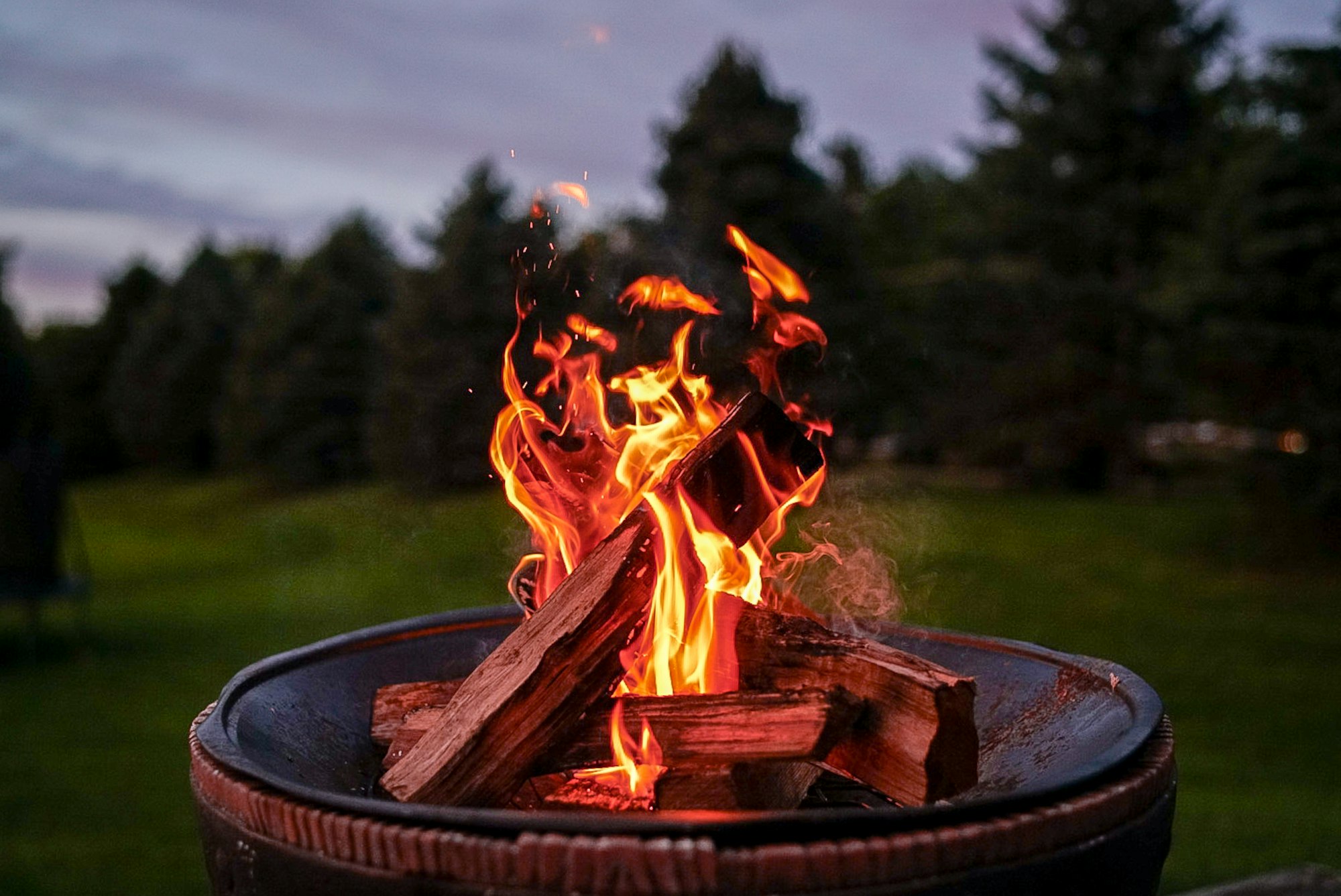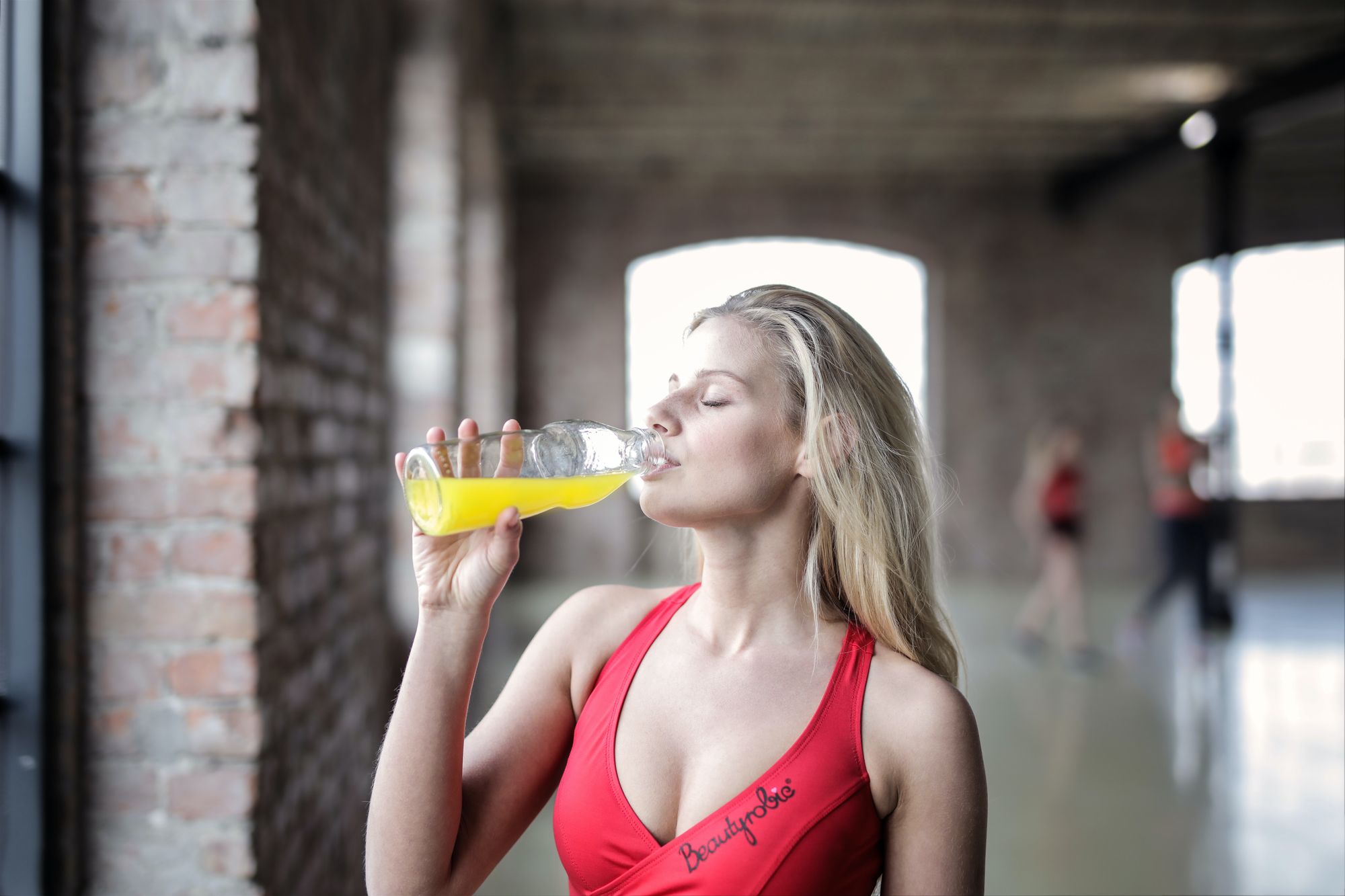You should eat carbs if you want to burn fat. Here's why.

You're halfway through a killer HIIT workout, sweat dripping, heart pounding, just as you planned. You're feeling good and thinking, "I got this!" when suddenly, out of nowhere, your energy level just... drops. You hit the dreaded wall. Your muscles feel heavy, you're lightheaded, and you're gasping for breath. You're forced to stop even though you know you're perfectly capable of finishing the workout. It's like your body suddenly just ran out of fuel.

Sound familiar?
This frustrating experience can leave you scratching your head, wondering what went wrong. You're fit, you're motivated, and you've been diligently sticking to a healthy diet with plenty of protein and good fats. So, why are you running out of steam? While this may be surprising, the most likely answer is that you are falling short on carbohydrates.
Debunking the myth that carbs are bad for you
Before we dive deeper, let's address the elephant in the room: the bad rep of carbohydrates. Carbs have been constantly demonized in recent years with the rise of low-carb and ketogenic diets. While these diets may work for some, they are not a one-size-fits-all solution and they are specifically not designed for high performing athletes.
While certain populations may benefit from limiting their carb intake, the truth is that carbohydrates are not the enemy they're often made out to be. Just like protein and fat, carbs have an important place in a balanced diet. In fact, they play an essential and often overlooked role when it comes to fueling intense workouts.

In the world of nutrition, a frequently quoted truth is that "fat burns in the flame of carbs". But what does that mean? In simple terms: In order to effectively use fat for energy, your body also needs to be supplied with carbohydrates in your diet.
This doesn't mean you need to go on a nightly pasta-binge to excel as an athlete. But it does mean that if you want to perform your best and avoid that mid-workout slump, you should consider fueling up with a modest serving of fast-digesting carbohydrates before your session.
Breaking down the science of fat burning
Now, you might be wondering why carbohydrates are even relevant for the fat-burning process. Aren't the entirely different types of molecules that are found in different types of food? Without getting too deep into the weeds, here's a high level explanation:
Think of your body as a hybrid car that uses two types of fuel - fat and carbohydrates. Fat is like diesel fuel; it keeps the car running for a long time, but it's not the best for quick bursts of speed. Carbohydrates, on the other hand, are like an electric battery; they can provide quick energy when you need to accelerate, like during an intense workout.
When you're exercising at a high intensity, your body first turns primarily to its electric battery, the carbohydrates. But the stored electricity is quickly used up, so over the course of the workout, your body needs to rely more and more on the diesel fuel, the fat.
But here's the catch: fat needs a little help from carbohydrates to be broken down efficiently. To introduce another analogy, this process is kind of like trying to keep a fire going. Dietary fat acts as the big logs that burn slowly and provide long-lasting heat, but they're notoriously hard to ignite. The carbohydrates are like kindling; they burn easily and quickly, and they make igniting those big logs a lot easier.

In scientific terms, this is related to two biological processes: beta-oxidation, where the body breaks down fat for fuel, and the citric acid cycle, where those components from fat are further broken down to that produce energy in the body. Both of these reactions are initiated with the help of compounds derived from carbohydrates.
So, if you don't have enough carbs (the kindling), your body might struggle to burn fat (the big logs) as efficiently. And that can lead to that unpleasant feeling of hitting a wall in the middle of your workout.
Now, you might be thinking, "I'm trying to lose fat, so wouldn't a low-carb diet be beneficial?" It's a bit counterintuitive, but the reality is that without enough carbs, your body may not be able to burn fat efficiently. And that's where the concept of "fat burns in the flame of carbs" comes from.
Carbohydrates are like quick-release energy packets. They can be rapidly broken down to power your intense workout. When you supply your body with a small amount of carbohydrates, you essentially help 'stoke the fire' to burn more fat. So while it may look like you're fueling yourself with the carbs you eat, you're actually using the carbs to unlock your fat stores and primarily using your body fat as energy. This is necessary to prevent that dreaded wall of fatigue.

Putting it into practice
Now you're probably wondering, "Alright, now that I know that carbs are important for workouts, how should I change my routine?"
Before your next high-intensity workout, try having a snack that includes a quick-release carbohydrate. This could be a banana, a slice of toast with a bit of honey, or a fruit juice or smoothie. The aim is not to stuff yourself, but rather to supply your body with just enough carbohydrates to help fuel your workout effectively. While your mileage may vary, a good rule of thumb is to limit this pre-workout snack to around 100 - 200 calories.
Remember, balance is key. While we're focusing on carbs here, that doesn't mean you should neglect other macronutrients. Protein is essential for muscle recovery, and fats still play a crucial role in providing sustained energy.

So, if you've been hitting a wall in your workouts, consider reframing your relationship to carbohydrates. When it comes to an active lifestyle, carbs are not your enemy. When utilized properly, they are an ally that enables you to perform at your full potential by fueling properly.
With a balanced approach to nutrition, you'll not only perform better in your workouts but also enjoy them more. Because let's be honest: workouts are way more fun when you're not fighting against a wall of fatigue.
In the end, working out is not just about burning calories or fat. It's about feeling happy, healthy, and powerful in your own body. And sometimes, adding in a single banana before your workout can go a long way.


